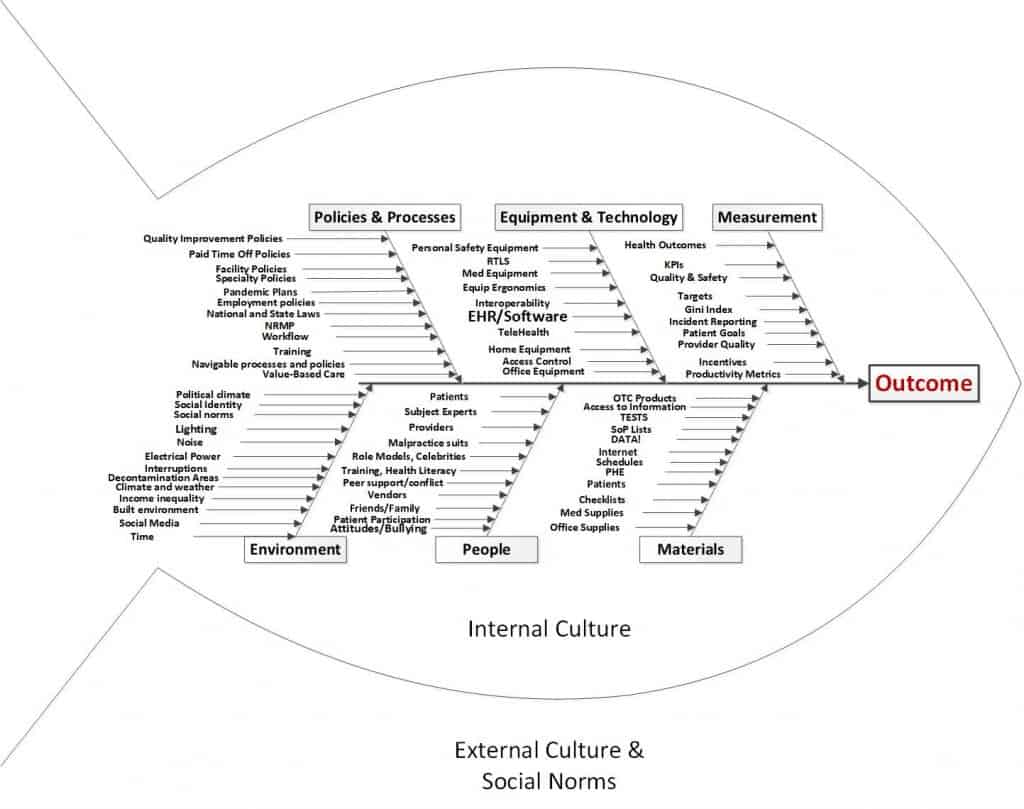A foundational barrier to job seekers and staff is the often impenetrable thicket of jargon used to describe vacancies and positions. These often lead to missed opportunities, confusions, and disappointment.
With the COVID-19 pandemic coming to an end any year now, you may be thinking of getting out of the grotesquery at which you currently work and seeking better employment elsewhere. You may have skimmed over a job description of a tantalizing position for a “Lead unit director, patient management” without detecting the hidden messages embedded in the fine print, or even the large print. Firstly, you may not realize that the job itself doesn’t exist, but that either an HR person was short on their quota or that they were fishing for a job somewhere else themselves.
Even if the job is real, job descriptions can give any creatively written resume a run for its money. Many key phrases might clue you in to the actual ground truth that lies behind the veneer of normality conjured up by the job description text.
Here is a short list of phrases commonly used in medical/healthcare job descriptions, and their actual meanings.
- Fast-paced: Essentially, we lurch from one disaster to another, mostly because we have never quite got the knack of planning, but also because the ad-hoc emergency measures to the current crises usually lay the groundwork for the next. We do things fast because we are shambolic and usually have to re-do everything at least three times. We are looking for someone who can either put out fires on the fly or take the blame for them.
- Dynamic: We are not big on strategic planning, and we borrowed our vision, mission, and goals from a book we saw at one of those corporate retreat things where everyone drinks too much and has to do role-plays about solving problems that don’t have an allegory in healthcare. As a result, we really aren’t too sure what our business is, so we keep changing the policies as new anomalies crop up. You will be measured on arbitrary criteria that are invented on the spur of the moment, and we are looking for someone who actually understands the healthcare environment or will take the blame for us.
- Competitive Compensation: You will have to compete for your compensation, and you will also never get more than the boss’s ignoramus nephew who was made vice president of something or other. We pit every staff member against each other, and managers will compete with you too. We reward snitches and gossipers, and we are looking for someone who can either work miracles or take the blame.
- Growth Opportunity: Our processes were written in 1955 and only cover half of any work that you do. The rest you will have to figure out for yourself, but you will be severely punished for that if anything goes wrong. If it works out well, your boss will steal your process and claim it as their own. We are looking for someone who can actually write up evidence-based work processes but will let us claim ownership if it is any good.
- High Reliability Organization: We were told by the expensive consultants that we need to be “on the pathway to being an HRO,” whatever that means. So, if you know what an HRO is, we would love to employ you for as long as it takes to squeeze you dry like a mango pit in the desert sun. We think it means you have to be very punctual and meet targets or something, but we are sure you can write up some neat policy recommendations so we can get more out of our staff for less.
- High Performance: You work longer hours for less reward, and we reserve the right to outsource and use travel nurses to do whatever you do at half the price.
- Job Satisfaction: We reserve the right to decide if your job is satisfactory and whether we can find a way to pay you less or make you work more hours. If you are high on the Dark Triad and have ideas on how to get more RVU’s per person per hour, that would be terrific, and you can be a vice president of something or other.
- Evidence-Based: We take great care to evade unpleasant evidence and have a vast repertoire for avoiding doing things we don’t want to do. Our evidence is based on what we prefer to be the truth, and we believe strongly that strong belief should decide what amounts to evidence.

This has nothing to do with the article but is about evidence.
Using this handy list of explanations will enable you to better understand job descriptions, but also to more accurately interpret what your management means in their memos.
*No animals, people, or policies were harmed in the making of this article.


 PWeekly
PWeekly